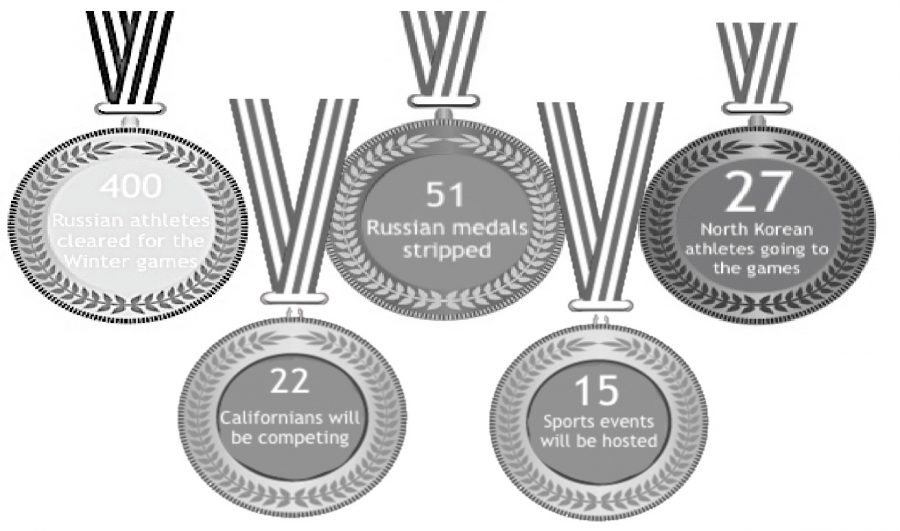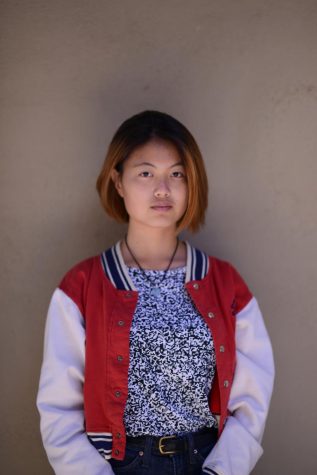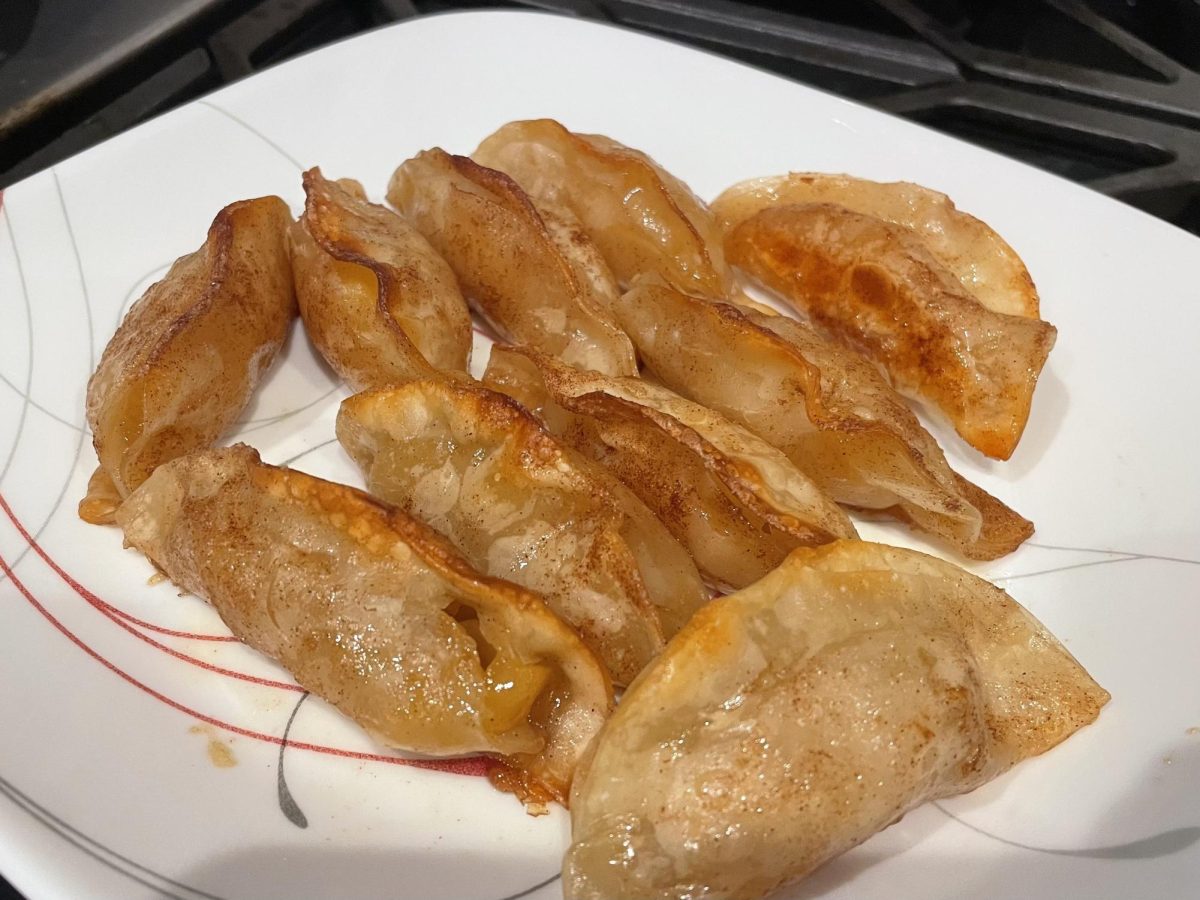2018 Winter Olympics: What is new and why it matters
The International Olympic Committee (IOC) banned Russia from the 2018 Olympics in Pyeongchang due to a doping scandal. However, individual athletes from Russia who are considered to be “clean” may compete under the Olympic flag in 2018.
February 6, 2018
The International Olympic Committee (IOC) banned Russia from attending the 2018 Winter Olympics in Pyeongchang, South Korea due to recently uncovered doping scandals. However, individual athletes from Russia who are considered to be “clean” may compete under the Olympic flag in 2018.
This ban stems from a report conducted by the World Anti-Doping Agency (WADA), an independent organization that promotes the prevention of doping in sports, stating that Russia did not comply with Olympic anti-doping standards, most notably during the more recent 2014 Sochi games. As a result, the IOC has also taken measures to strip some Russian athletes of previously-awarded medals.
Previously, the IOC placed bans only on certain athletes and teams from Russia for the 2016 Rio games because there was only proof of tampering in the Moscow laboratory before Rio. Now, the WADA has also uncovered systematic manipulation of an official Olympics drug-test lab.
In July 2016, the IOC’s Schmid Commission was formed to investigate the Russian athletes identified in Professor Richard McLaren’s investigation. The evidence uncovered shows that doping occurred under 30 sports, including 20 Summer Olympic sports and Paralympic sports.
After these findings, in addition to banning certain athletes, WADA’s executive committee strongly urged the Sports Movement to deny access for Russian government officials to international competition. In addition, the WADA recommends International Federations to consider and reinforce their responsibilities.
“They were such a great ice skating team, and I think it will definitely be a loss to the Olympics,” Maya Franz (9) said. “I’m deeply saddened that Russia would resort to using performance-enhancing drugs for their ice skating team. However, it may also allow some other countries to take the gold.”
The Winter Olympics are generally less popular compared to their summer counterparts. Without Russia, a major competitor, the Pyeongchang games may suffer in terms of viewership in numerous categories.
With both the tense relationship between North and South Korea and the absence of Russia, some worry about the diminishing significance of these games in the sporting world. Recently, Seoul and Pyeongyang have reopened a hotline between the leaders of North and South Korea. The IOC also originally allowed North and South Korea to compete under one unified flag. Following the protests that broke out in South Korea, North Korea has decided to back out of the Resistors accounted for the disappointment of South Korean players who had qualified for the women’s hockey team and doubted the motives of North Korea. Yet, there is hope that tensions between the Koreas will be able to decrease during the games.
This piece was originally published in the pages of the Winged Post on February 5, 2018.


















![“[Building nerf blasters] became this outlet of creativity for me that hasn't been matched by anything else. The process [of] making a build complete to your desire is such a painstakingly difficult process, but I've had to learn from [the skills needed from] soldering to proper painting. There's so many different options for everything, if you think about it, it exists. The best part is [that] if it doesn't exist, you can build it yourself," Ishaan Parate said.](https://harkeraquila.com/wp-content/uploads/2022/08/DSC_8149-900x604.jpg)




![“When I came into high school, I was ready to be a follower. But DECA was a game changer for me. It helped me overcome my fear of public speaking, and it's played such a major role in who I've become today. To be able to successfully lead a chapter of 150 students, an officer team and be one of the upperclassmen I once really admired is something I'm [really] proud of,” Anvitha Tummala ('21) said.](https://harkeraquila.com/wp-content/uploads/2021/07/Screen-Shot-2021-07-25-at-9.50.05-AM-900x594.png)







![“I think getting up in the morning and having a sense of purpose [is exciting]. I think without a certain amount of drive, life is kind of obsolete and mundane, and I think having that every single day is what makes each day unique and kind of makes life exciting,” Neymika Jain (12) said.](https://harkeraquila.com/wp-content/uploads/2017/06/Screen-Shot-2017-06-03-at-4.54.16-PM.png)








![“My slogan is ‘slow feet, don’t eat, and I’m hungry.’ You need to run fast to get where you are–you aren't going to get those championships if you aren't fast,” Angel Cervantes (12) said. “I want to do well in school on my tests and in track and win championships for my team. I live by that, [and] I can do that anywhere: in the classroom or on the field.”](https://harkeraquila.com/wp-content/uploads/2018/06/DSC5146-900x601.jpg)
![“[Volleyball has] taught me how to fall correctly, and another thing it taught is that you don’t have to be the best at something to be good at it. If you just hit the ball in a smart way, then it still scores points and you’re good at it. You could be a background player and still make a much bigger impact on the team than you would think,” Anya Gert (’20) said.](https://harkeraquila.com/wp-content/uploads/2020/06/AnnaGert_JinTuan_HoHPhotoEdited-600x900.jpeg)

![“I'm not nearly there yet, but [my confidence has] definitely been getting better since I was pretty shy and timid coming into Harker my freshman year. I know that there's a lot of people that are really confident in what they do, and I really admire them. Everyone's so driven and that has really pushed me to kind of try to find my own place in high school and be more confident,” Alyssa Huang (’20) said.](https://harkeraquila.com/wp-content/uploads/2020/06/AlyssaHuang_EmilyChen_HoHPhoto-900x749.jpeg)











